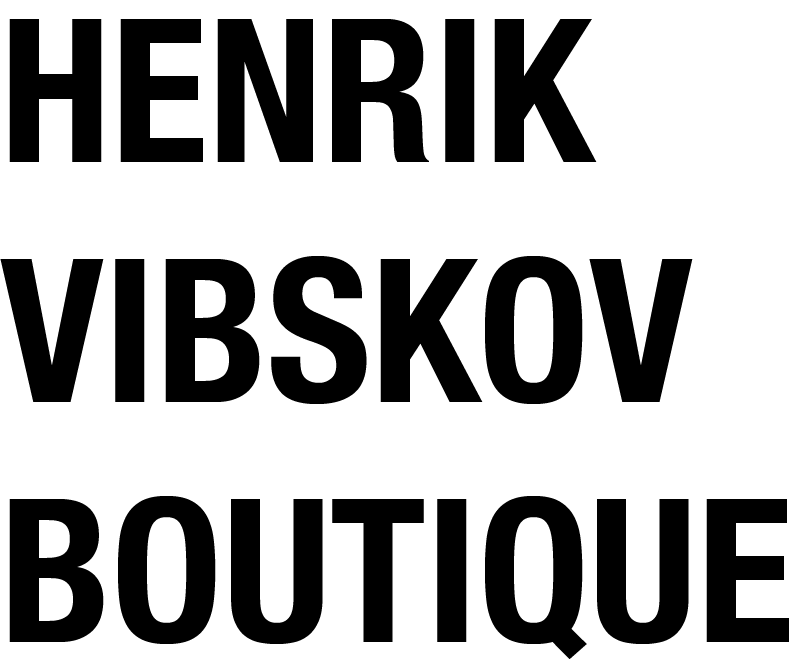
HENRIK VIBSKOV
THE MATERIALS WE USE
Henrik Vibskov aims to be as environmentally and socially responsible as they can. Eight years ago, the brand changed its approach in their design and production process since the rise of awareness surrounding the fashion industry and the environment. The term 'sustainability' is often used in a wide variety of contexts within the fashion industry. This can be attributed to the multitude of aspects within the fashion life cycle which have the potential to negatively impact the environment and the mix of approaches brands take to be seen to be tackling these issues.
At Henrik Vibskov, when it comes to being environmentally aware, the design and production process is the main focus - more specifically choosing responsible materials for new collections.
ORGANIC COTTON
Organic cotton is grown without synthetic pesticides or fertilizers, using farming methods that support soil health and biodiversity. The fabric is OEKO-TEX certified, ensuring it meets strict safety standards for harmful substances.
ECOVERO VISCOSE
EcoVero™ is a type of viscose made using wood derived from managed sources that are certified in Europe, instead of bamboo or eucalyptus, which is commonly used in normal viscose production.
TENCEL
---
LINEN
Linen is a material omprised of flax plant fibres, which can be woven and knitted. Linen is strong and asorbant and dries faster than cotton, and is very breathable.
RECYCLED COTTON
Recycled Cotton is used in an effort to reduce plastic waste that would otherwise be discarded in landfills, oceans and other harmful locations.
RECYCLED NYLON
Recycled nylon is made from nylon waste from products that have already been manufactured, sold, used, and then discarded by consumers. It is made by breaking down nylon waste, including fishing nets and plastic scraps, and recombining it to nylon sheets.
RECYCLED POLYESTER
---
RECYCLED WOOL
Recycled wool is wool that has already been turned into fabric, which fibres is then re-spun into another product.
Our Two Stores
HENRIK VIBSKOV BOUTIQUE COPENHAGEN:
Gammel Mønt 14
Copenhagen K 1117
Denmark
+45 33 14 61 00
contact@henrikvibskov.com
OPENING HOURS:
Monday - Friday: 11:00 - 18:00
Saturday: 11:00 - 17:00
Sunday 11.00 - 16:00
HENRIK VIBSKOV BOUTIQUE NEW YORK:
456 Broome Street
10013 NY
New York, USA
+00 212 219 3950
nyc@henrikvibskov.com
OPENING HOURS:
Monday - Saturday: 11am - 7pm
Sunday: 12pm - 6pm

